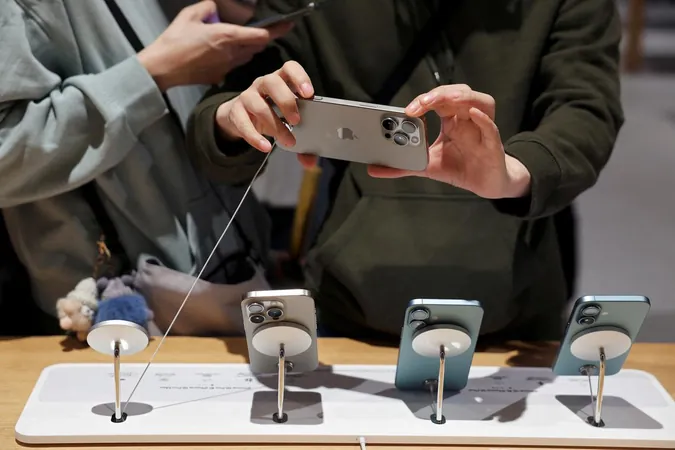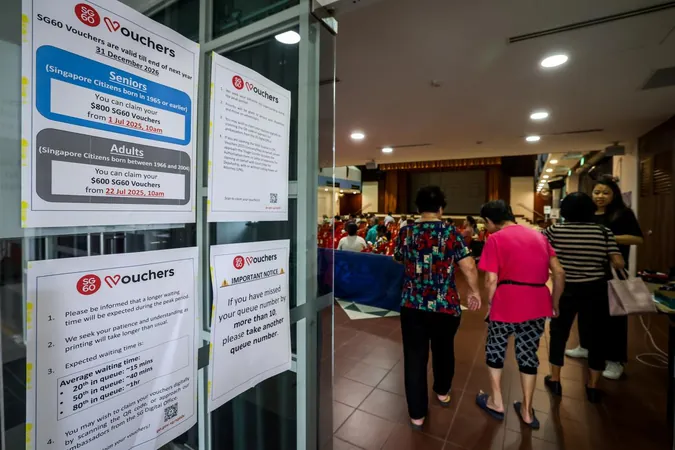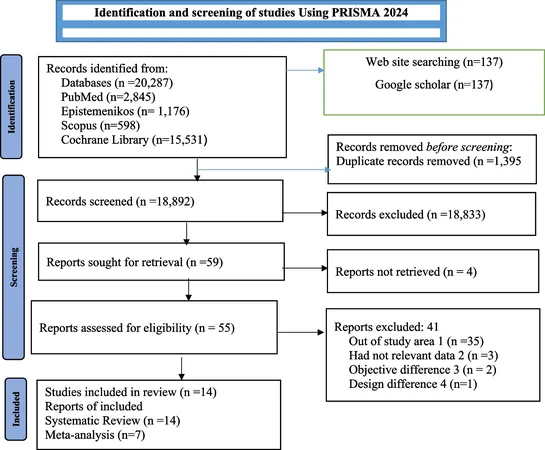
Apple's $1.4 Billion Bet Fails to Lift iPhone 16 Sales Ban in Indonesia
2025-01-09
Author: Wei
In a surprising move, Indonesia has maintained its ban on the sale of Apple's iPhone 16, declaring that the tech giant's proposed investment of $1.4 billion, which includes plans to set up an AirTag factory, falls short of the country's local investment requirements. This setback could cost Apple significantly in revenue from the vast Indonesian market, which boasts about 280 million potential consumers.
Agus Gumiwang Kartasasmita, Indonesia's Industry Minister, clarified that the nation’s domestic content rules mandate that parts of smartphones or their components must be produced onshore, rather than just assembling accessories like the AirTag. He stated during a briefing, "As of this afternoon, the government does not have a basis for issuing the local content certificates that Apple needs to sell its flagship device in Indonesia. Apple needs to negotiate with us for that certificate."
The ban was first imposed in October 2024, as part of a broader strategy to entice Apple to invest more significantly in Southeast Asia's largest economy. The prolonged suspension of iPhone 16 sales has put Apple at a disadvantage as it vies for market share against formidable competitors like Samsung Electronics.
Industry experts warn that if Apple continues to disregard Indonesia's investment regulations, it could face sanctions, although that would be a last resort for the government, which is looking to explore other avenues to ensure compliance. The government has already sent a counterproposal to Apple, seeking more local investment to facilitate the sales process.
Just a day before this announcement, Investment Minister Rosan Roeslani had reportedly stated that Indonesia had approved Apple's plan to construct an AirTag facility, lending an air of optimism to the negotiations. However, the approvals hinge on Apple's commitment to meet the local content requirements.
While Apple plans to establish a factory for AirTags by early 2026—devices designed to help users track their belongings such as luggage and pets—its competitors have already taken significant steps. Rival manufacturers like Samsung and Xiaomi Corp. have successfully set up factories in Indonesia, aligning with local content regulations that have been in effect since 2017.
In the meantime, Apple has a range of options to boost compliance with local requirements, such as sourcing materials locally, hiring Indonesian workers, developing apps, and investing in local developer academies. Minister Kartasasmita added, "There’s no strict deadline for compliance. If Apple wants to sell the iPhone 16 or has ambitions for future models like the iPhone 17, the decision ultimately lies with them."
As negotiations continue, the question remains: Will Apple adapt swiftly enough to navigate Indonesia's regulatory landscape, or will it risk losing out on one of the world's most promising smartphone markets? Stay tuned for updates on this unfolding technology saga.



 Brasil (PT)
Brasil (PT)
 Canada (EN)
Canada (EN)
 Chile (ES)
Chile (ES)
 Česko (CS)
Česko (CS)
 대한민국 (KO)
대한민국 (KO)
 España (ES)
España (ES)
 France (FR)
France (FR)
 Hong Kong (EN)
Hong Kong (EN)
 Italia (IT)
Italia (IT)
 日本 (JA)
日本 (JA)
 Magyarország (HU)
Magyarország (HU)
 Norge (NO)
Norge (NO)
 Polska (PL)
Polska (PL)
 Schweiz (DE)
Schweiz (DE)
 Singapore (EN)
Singapore (EN)
 Sverige (SV)
Sverige (SV)
 Suomi (FI)
Suomi (FI)
 Türkiye (TR)
Türkiye (TR)
 الإمارات العربية المتحدة (AR)
الإمارات العربية المتحدة (AR)